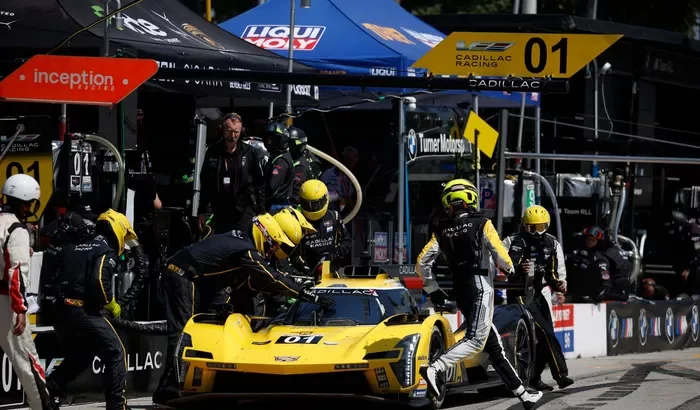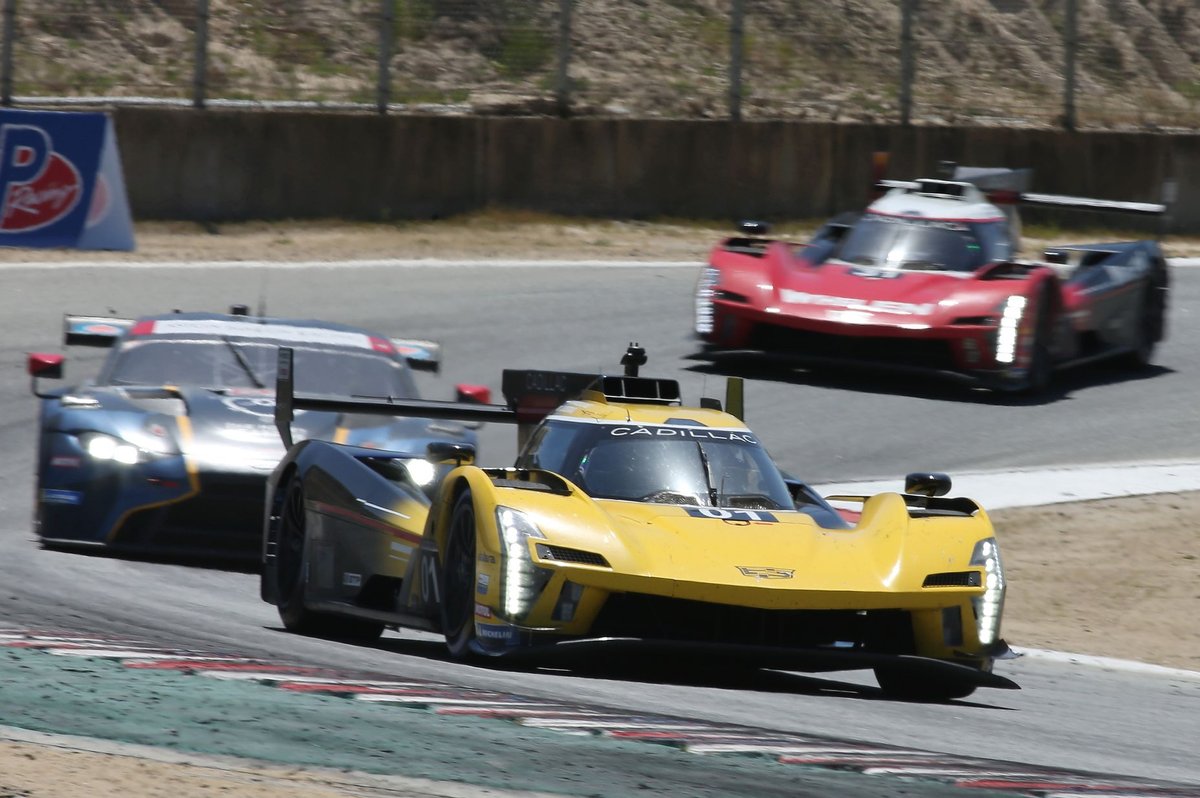Last year, they marked a significant renovation at Laguna Seca with a complete resurfacing of the road course, including the addition of a new pedestrian bridge, as part of a $14.9 million project. Completed by July, the IndyCar series was the first major event to race on the improved track in September, showcasing its enhanced speed and performance compared to the old surface.
Ricky Taylor set the DPi track record with a remarkable flying lap time, highlighting the increased pace facilitated by the revamped track. Notably, the current GTP generation, epitomized by Matt Campbell’s Penske Porsche, also demonstrated impressive speed during its debut at Laguna Seca, underlining the track’s enhanced capabilities.
Defending race winner Sebastien Bourdais expressed optimism about the increased grip on the track following recent testing, foreseeing a substantial rise in pace. The higher grip levels promise an exhilarating driving experience, with Bourdais anticipating significantly faster speeds throughout the weekend, particularly with the powerful GTP cars.

Despite the improved grip, concerns linger about cars venturing off the racing line due to increased speeds, a phenomenon observed during recent IndyCar rounds. However, van der Zande believes the field will tighten as a result of the enhanced track dynamics, anticipating close competition and intriguing strategic battles throughout the race.
With 34 cars spanning three classes, including GTD Pro and GTD, managing traffic poses a significant challenge, especially with faster lap times. Bourdais emphasized the influence of traffic on race pace, highlighting the potential impact on strategy and the importance of timing in navigating the one-lane track effectively. Additionally, he discussed the potential implications of the heightened pace on energy deployment and pit strategy, anticipating a more intense and dynamic race environment.

